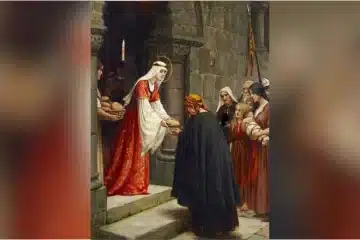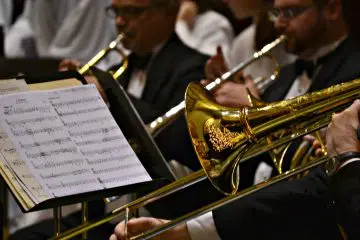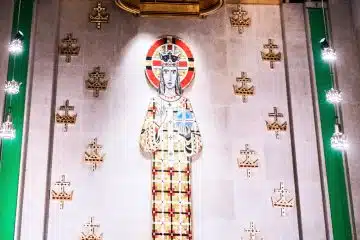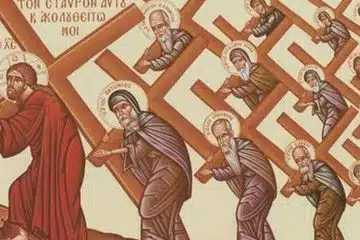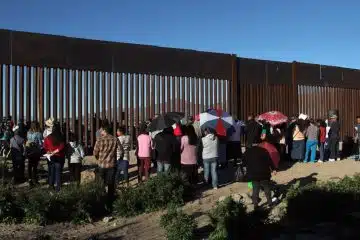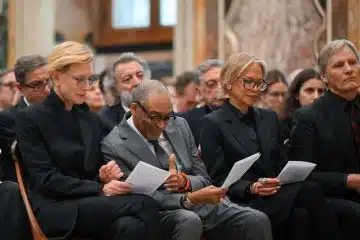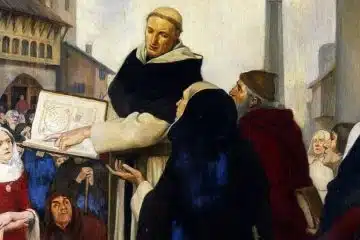The Catholic Moment: I did it, but it’s not my fault
February 15, 2011
By Jeanne Hunt
I have the rare and delightful pleasure of talking to seven-year-olds about sin. At least once a month, I find myself in front of 100 or so children and parents who are preparing for the sacrament of reconciliation. While the children have a lot of fun and the parents think their little darlings are so cute, behind all that fun, I am deadly serious. What is painfully obvious to me is that the children do not know the difference between a sin, an accident and a mistake. What is even more painful is that their parents don’t know, either.
I offer the children a simple ethical situation in which they must decide whether the protagonist committed a sin: “Stand under the clock if it’s a sin, by the door if it’s a mistake or by the table if it’s an accident.” Then the children start looking at each other. They’re searching for a leader, one kid who can figure out this mess. As the wise one emerges and chooses a position, the masses follow.
What makes my heart sing is when one little soul musters up her courage and goes to a position all by herself. While the entire group stands in the “accident” spot proclaiming, “Tommy did it, but it wasn’t his fault,” my little, lone lady tells me, “Tommy knew it was wrong. It was wrong, and he did it anyway.” I hear the “Alleluia Chorus” in my soul as I silently give thanks for a child who knows a sin when she sees it.
The deeper issue is that we live in a culture that excuses sin and any responsibility for the consequences. We spend more time excusing ourselves than looking at what we did and realizing that it was morally wrong. We figure if we can weasel out of responsibility, we can enjoy the benefits without any consequences. After a while, nothing seems wrong as long as it gives us pleasure and we don’t get caught. This slippery slope is prevalent in our secular world, and it’s no wonder our children and their parents struggle.
Being Catholic and moral is a radical lifestyle. It means we choose to live in the truth. Jesus says it will set us free. We don’t spend more money than we have or overindulge in food, alcohol or drugs. We honor authority and respect its judgment. We vote, honor veterans and support our clergy. We take care of one another even when it’s inconvenient or difficult. We put an envelope in the basket, visit our sick neighbor and teach our children to pray.
This is only the tip of the moral iceberg. Each of us can create his own list. The important thing is that we know what it takes to “love the Lord your God with your whole heart, mind and soul and your neighbor as yourself” and we choose to do it.
What delights me about the Divine One is that He is tricky. All my little penitents are leading their parents into the moral life. Nothing calls us to the truth better than the eyes of a child. We are being watched by little people who are trying desperately to sort things out. They see people on television stealing, lying and committing adultery.
It’s a tall order to witness to what is right, to counteract all the things they see in the secular world. They look to us to show them how it’s done. For some parents, it’s the first time they have actually thought about sin. When we adults see the fallacy in “I did it, but it’s not my fault,” the line at the first reconciliation rite gets longer.
Hunt is the catechetical and evangelization advisor for St. Anthony Messenger Press/Franciscan Communications.


